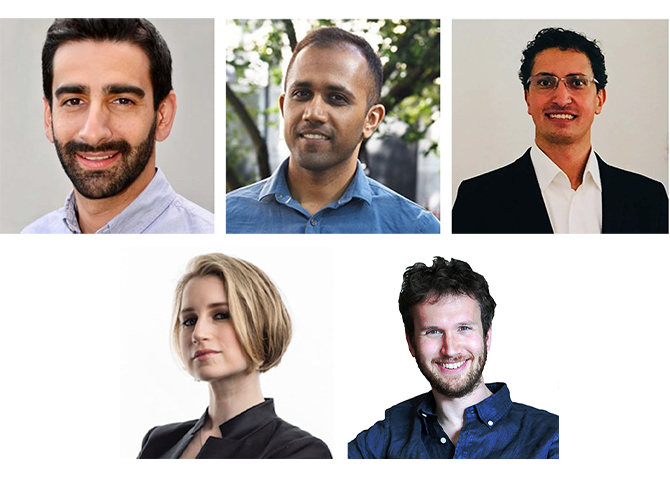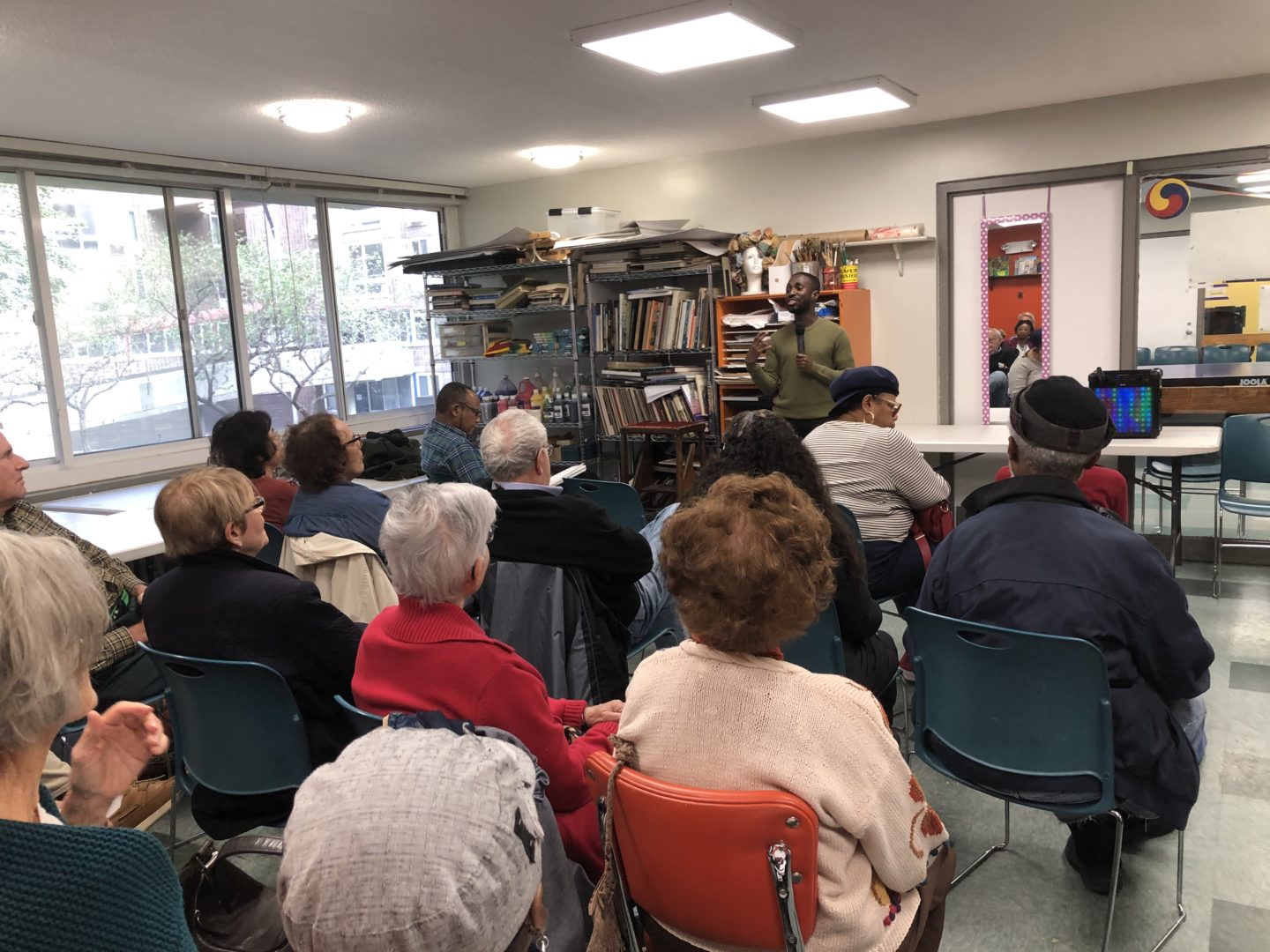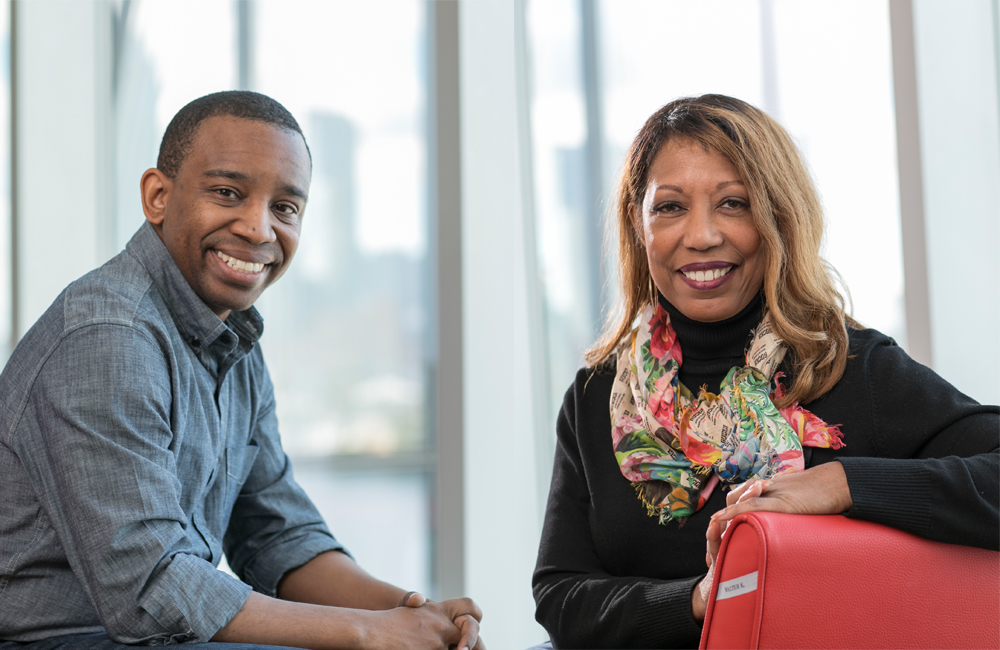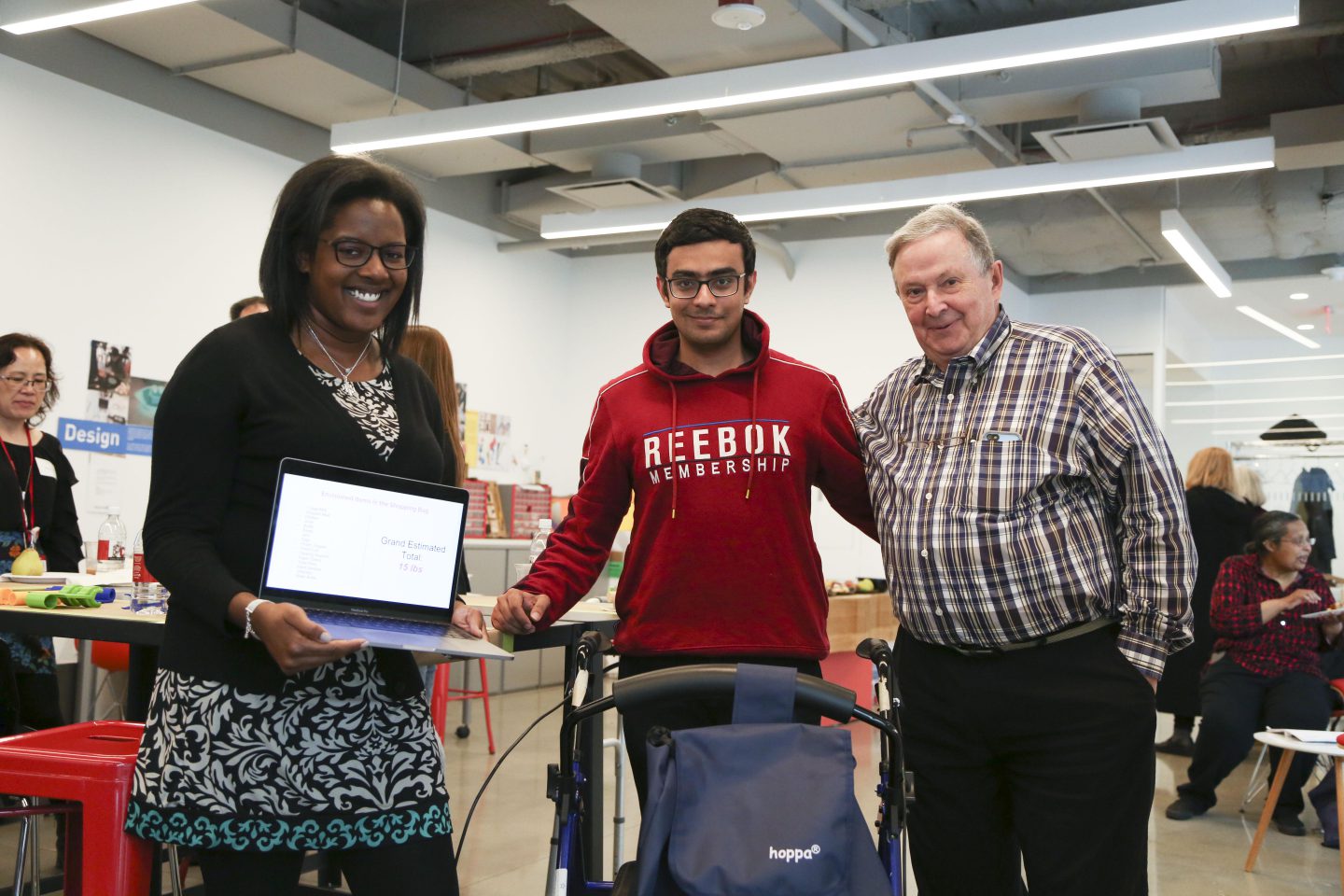
Many people are concerned about the environment and the future of the planet. They would like to take action locally as well as globally, but where to begin? On Roosevelt Island, with the help of Cornell Tech — a proud member of the Roosevelt Island community — people are coming together ready to take action.
To support the community’s interest in fostering environmental practices on Roosevelt Island, Cornell Tech applied for and was awarded an Engaged Opportunity Grant from Cornell University’s Office of Engagement Initiatives. The grant enables Cornell Tech, Cornell Cooperative Extension NYC (CUCE-NYC), and Roosevelt Island community partners to work together on a year of planning and learning to make Roosevelt Island a more livable, healthy, and sustainable place to live and work.
Cornell Tech recently launched this initiative with the workshop “Engaged Roosevelt Island: Getting to Zero Waste in your Daily Life.” The event brought Roosevelt Islanders together to learn about actions they could take to reduce waste and is the first in a series of events hosted by Engaged RI, a group formed to carry out the goals of the grant.
The workshop featured guest speakers Nicole Grossberg, freelance content creator and zero waste practitioner, and Sandra Noonan, founder of the Zero Waste NYC Meetup and Chief Sustainability Officer of Just Salad. Together, they founded the Zero Waste NYC Workshop Series.
In their presentation, Noonan and Grossberg reviewed simple, but important, guidelines for more sustainable living: reduce, reuse, recycle, and — the often-overlooked fourth step — refuse.
- Reduce: Don’t buy items you don’t need. If there is less waste, there is less to recycle or reuse.
- Reuse: Learn to re-purpose items or use them more than once.
- Recycle: If you can’t reduce or reuse, recycle properly.
- Refuse: Whenever it is possible, say no to disposable or single-use items or freebies to avoid needless waste.
Grossberg and Noonan recommended attendees conduct a “waste audit” for the amount of landfill waste they produce throughout a typical day. They suggested splitting the day into three parts: morning, lunch, and after work/evening. At each time of day, take stock of the things that are thrown out — toothpaste tubes, takeout containers, soap bottles, etc. — that cannot be reused or recycled. Then, start looking for alternatives. Making a few simple swaps can make a world of difference.
Reducing our negative impact on Earth’s resources takes ingenuity and creativity, opening the door to start-up ventures that can lead the way to new solutions that regenerate rather than deplete. Two such entrepreneurs were featured at the event: Grounded Upcycling, a company that creates soap and facemasks from used coffee grounds, and Farm to People, a service that delivers fresh local produce from local farmers to your door. Both companies generated much interest and excitement from attendees.
For more information about the event, click here.
Photo: Olya Turcihin, courtesy of iDig2Learn.





